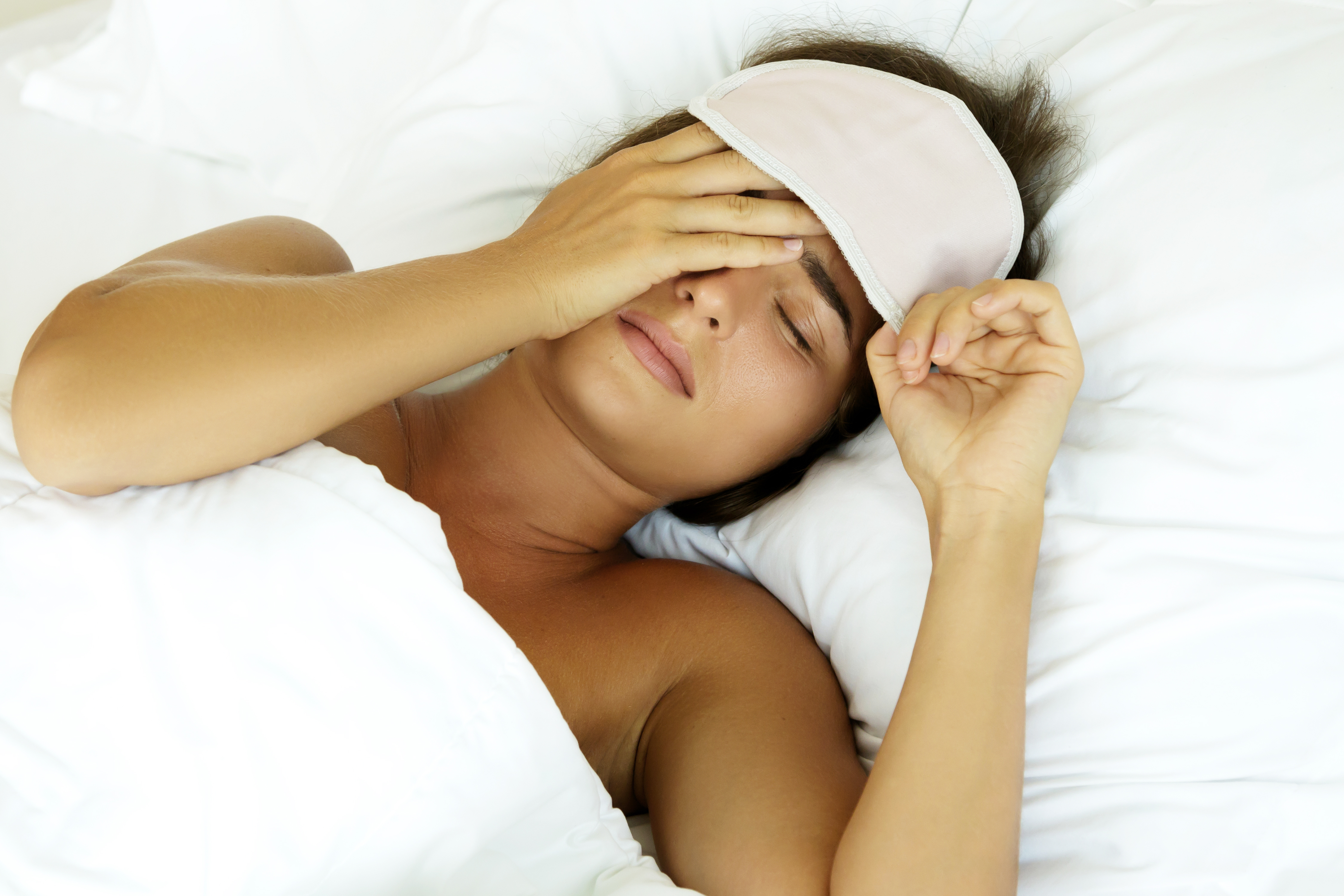10 Ways Late-Night Screens Ruin Your Sleep And Health
3. Cognitive and Psychological Consequences of Sleep Disruption

The disruption of sleep due to late-night screen exposure has far-reaching cognitive and psychological consequences. Sleep is a vital process for brain health, facilitating memory consolidation, emotional regulation, and cognitive function. When sleep is compromised, these processes are disrupted, leading to a range of cognitive impairments. Individuals who experience sleep deprivation often report difficulties with attention, problem-solving, and decision-making, which can impact daily functioning and productivity. Psychologically, the effects of sleep disruption can manifest as mood disturbances, increased stress, and heightened anxiety. The relationship between sleep and mental health is bidirectional; poor sleep can contribute to the development or exacerbation of mental health issues, while existing mental health conditions can further disrupt sleep. This cycle can be challenging to break, leading to a decline in overall well-being. The psychological toll of sleep disruption underscores the importance of addressing the root causes, such as late-night screen use, to improve mental health outcomes. Furthermore, chronic sleep deprivation has been linked to long-term cognitive decline and an increased risk of neurodegenerative diseases. The brain relies on sleep to clear out toxins and repair cellular damage, processes that are essential for maintaining cognitive health. When these processes are impaired, the risk of developing conditions such as Alzheimer's disease may increase. By understanding the cognitive and psychological consequences of sleep disruption, individuals can take proactive steps to prioritize sleep and protect their brain health.
4. Physical Health Implications of Poor Sleep Hygiene

Beyond cognitive and psychological effects, poor sleep hygiene due to late-night screen exposure has significant physical health implications. Chronic sleep deprivation is associated with a range of health issues, including cardiovascular disease, obesity, and diabetes. Sleep plays a crucial role in regulating hormones that control appetite and metabolism. When sleep is disrupted, the balance of these hormones is affected, leading to increased hunger and cravings for high-calorie foods, which can contribute to weight gain and metabolic disorders. The immune system is also adversely affected by inadequate sleep. During sleep, the body produces cytokines, proteins that help fight infections and inflammation. Sleep deprivation can reduce the production of these protective proteins, weakening the immune response and making individuals more susceptible to illnesses. This compromised immune function can lead to a higher frequency of infections and a longer recovery time from illnesses, highlighting the importance of maintaining healthy sleep patterns for overall physical health. Moreover, poor sleep hygiene can exacerbate existing health conditions. For individuals with chronic illnesses, such as hypertension or diabetes, sleep deprivation can worsen symptoms and complicate disease management. The interplay between sleep and physical health is complex, and addressing sleep disruption is a critical component of comprehensive health care. By recognizing the physical health implications of poor sleep hygiene, individuals can take steps to improve their sleep environment and reduce screen exposure before bed.
